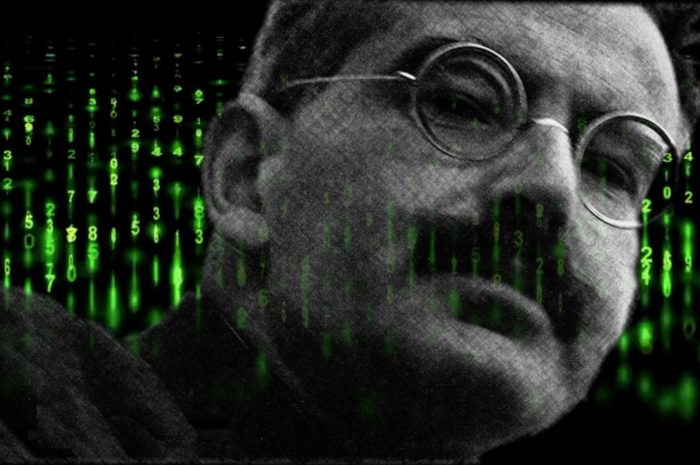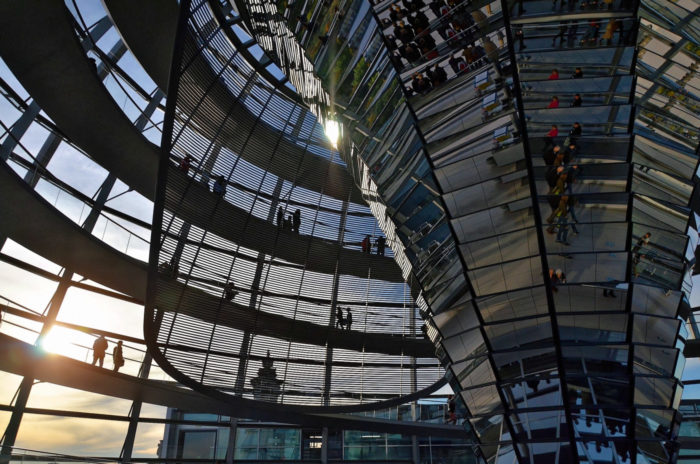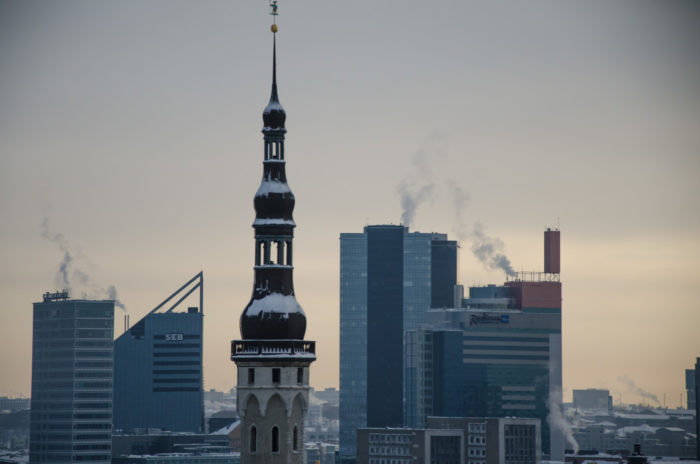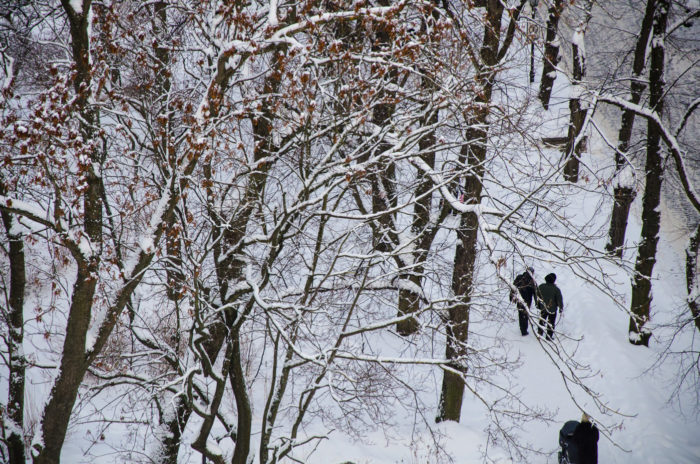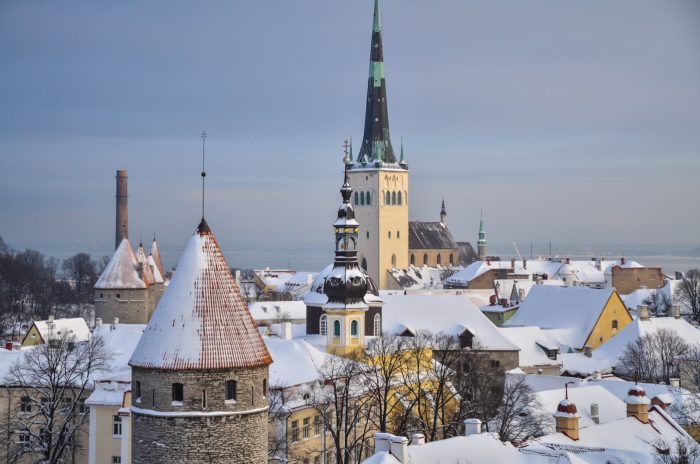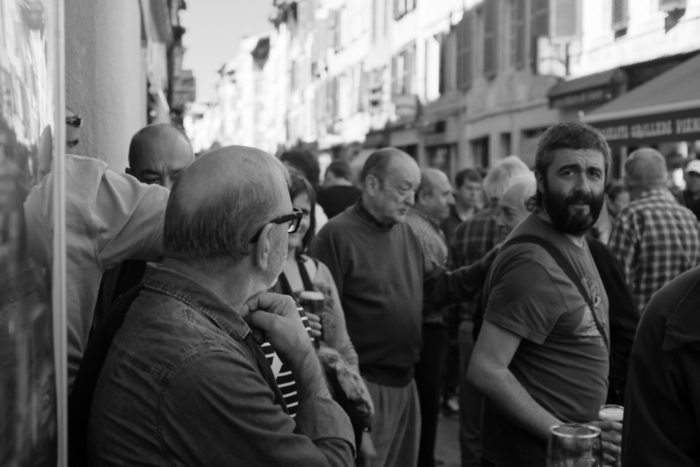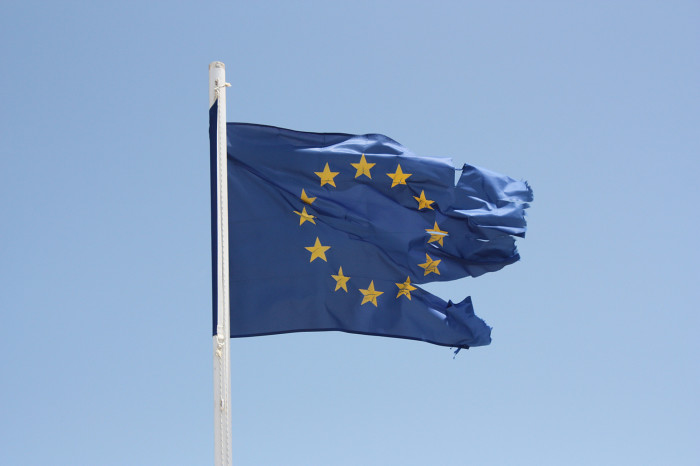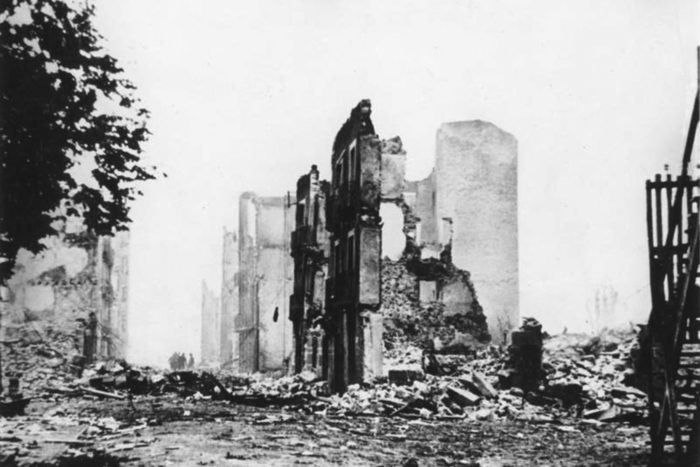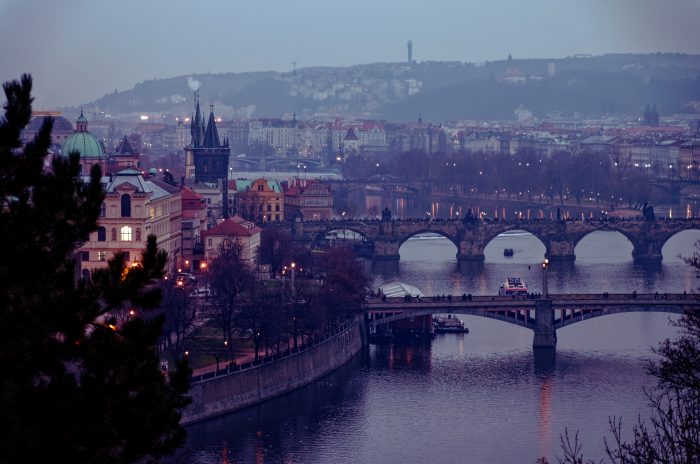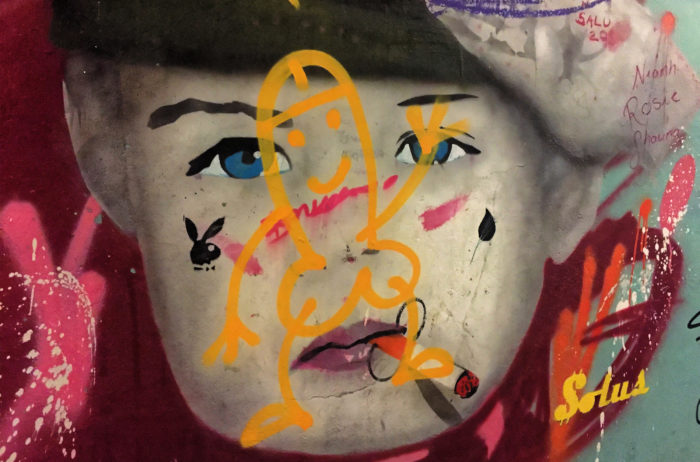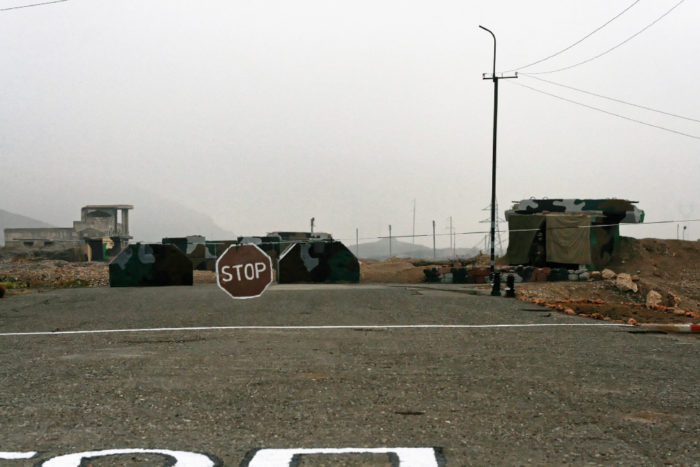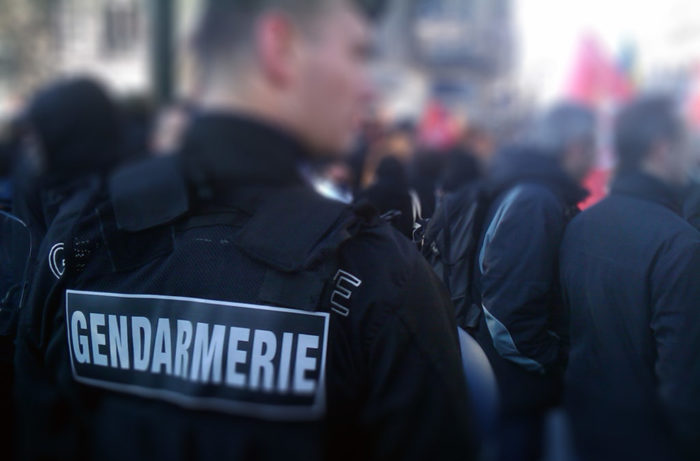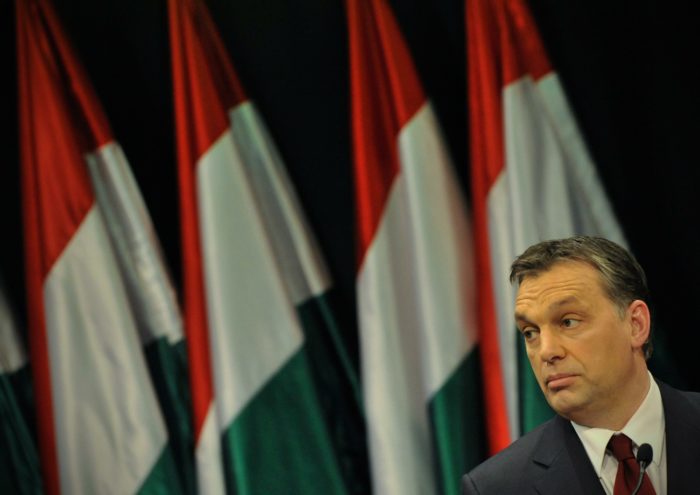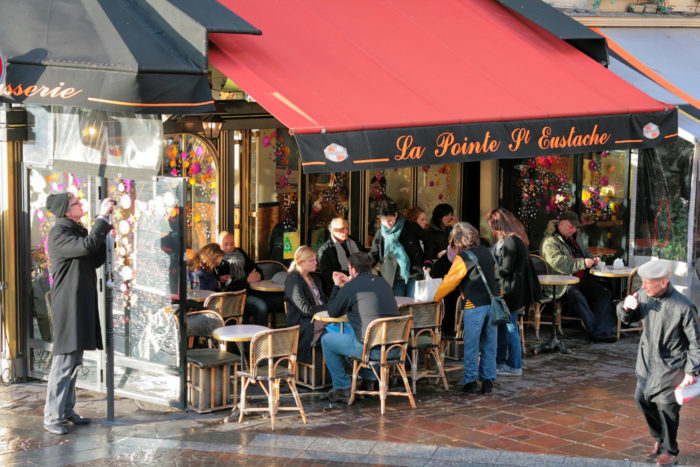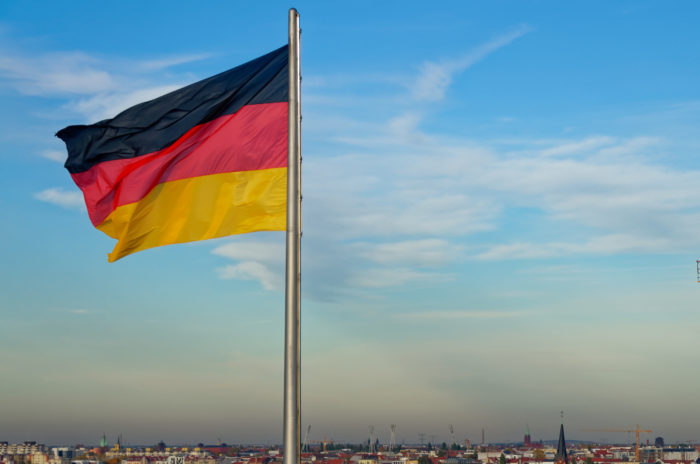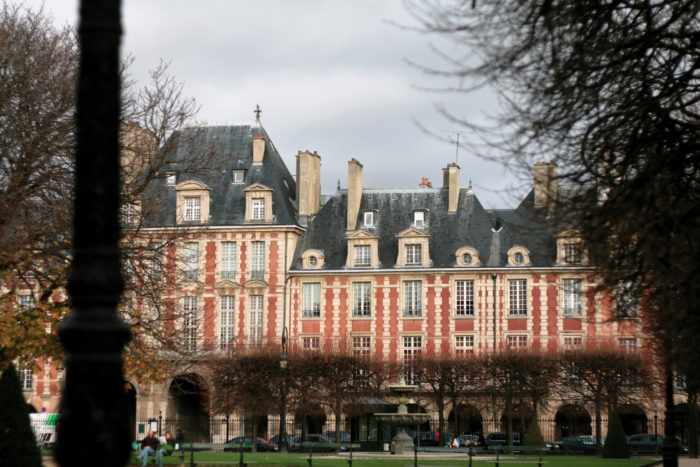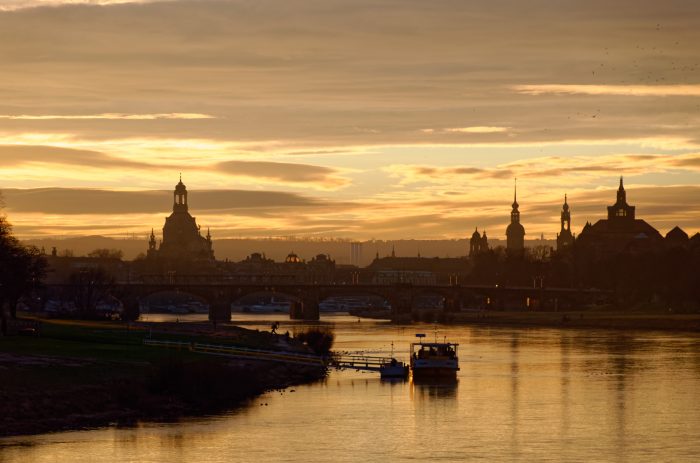He made no sense to most of his contemporaries. But today, Walter Benjamin’s effortless movement, across disciplines and between different media, looks like very modern behaviour.
More →-
Walter Benjamin | Proto-multimedia journo?
—a radio feature -
The fate of the common good
—a radio featureDo we still believe in the idea of the common good, a concept that seemed ubiquitous through the 20th Century? This interview, with renowned philosopher Prof. Hans Sluga, seeks to explain what has happened.
More → -
Jüri Luik—Estonian identity and Baltic security
An interview with Estonia’s newly appointed Defence Minister. It’s an insight into many of the security issues that face, not just Estonia, but Europe as a whole.
More → -
Kristina Kallas—Russian minorities in the Baltics
How do the vast Russian minorities of the Baltic states fit into the complex geopolitical equations and growing climate of tension that exist around the northern border between Russia and Europe?
More → -
The Baltic embrace
As geopolitical tensions ramp up across the world, the Baltic region once again finds itself on the vulnerable edge of a frightening, but sadly familiar game of brinkmanship between Moscow and Europe.
More → -
Memory of a Basque future
It is April 2017 and I have just found myself in the remarkable and privileged position of witnessing the moving end to an era that has spanned my entire life, almost to the year. The event? The final disarmament of the militant Basque separatist group ETA.
More → -
The Identity Papers: Exploring the limits of togetherness
Has the appealing notion of the common good, an idea that enabled the European Union to ‘float’, been replaced by the less appealing prospect of the common fate? Does this explain the risky, but increasingly prevalent clamour across nations for the option of jumping overboard?
More → -
The random power of fear
An attack last week at the main railway station in the German city of Düsseldorf adds itself to a growing list of random and unsettling attacks in normally peaceful cities around the world, and especially in Europe. We don’t have to go back far to realise that this is a tactic with many precedents. But what do we understand about these violent events and about our reactions to them?
More → -
Don’t call Europe tribal!
There are deep divisions forming in Europe, seemingly out of nowhere. But are these fracture lines mirroring much deeper and older lines of difference? It’s difficult to describe the trend without resorting to a term that is received by modern Europeans like an expletive. You can come up with any number of theories, but for God’s sake, don’t use the T word.
More → -
Crisis & Creativity
—a 4-part radio seriesThe European Union is struggling. Not just because of the Brexit, the GFC and the arrival of millions of refugees, but because Europe as an idea of fairness, democracy and freedom is under attack. But there are creative responses, ones that can only happen with a shift in perception and certain childlike belief.
More → -
The reckoning: Truth and illusion with borders
The compelling phenomenon of a vast migration of refugees has shown us one crucial thing. Distant outsiders do not notice or observe our own tribal borders, the ones we think ought to be obvious.
More → -
The low moral high-ground
When we hear of major tragedies, along with sympathy for the victims, would be the reflexive response of ‘Thank God it wasn’t us.’ But what if it was ‘us’? We’d be asking ‘Why?’, ‘How could this happen?’ or ‘Who’s to blame?’ But in some tragedies, like the recent Paris attacks, along with outrage and shock, lies a silent but niggling thought ‘I hope it wasn’t somehow our fault …’
More → -
Hungary: Democracy distorted?
—a radio featureHow has Hungary gone from having one of the most admired legal systems in the world, to becoming the most worrying symbol of democratic decline within Europe? European Union was founded on the belief that all members wanted to distance themselves from the sorts of conflicts and closed regimes that defined much of the 20th century, but Europe was ill-prepared for the cascading side-effects of a crippling economic crisis.
More → -
Crucial Europe
Why should Europe matter to Australians? Is there any value in still teaching European languages in schools? Crucial Europe was a talk delivered, by Michael Shirrefs, to the Europe in the 21st century: Power, leadership & crisis, a summer school for secondary school teachers of European studies and languages, Monash University Melbourne, 18th January 2013.
More → -
Who is Germany?
—a 3-part radio seriesGermany is once again right at the heart of global events and its role in the unfolding drama is being examined from all the obvious political and economic angles. But to understand what the future might hold for Europe, it helps to understand something of the identity of the main player.
More → -
The Art of Being Europe
—a 6-part radio seriesIt was Jacques Delors, former president of the European Commission, who first suggested the idea that Europe needed a soul. ‘No one ever fell in love with a trade agreement,’ he said. But across Europe, as the GFC bites and manufacturing industries fade, culture is on the climb and art is now an asset.
More →

